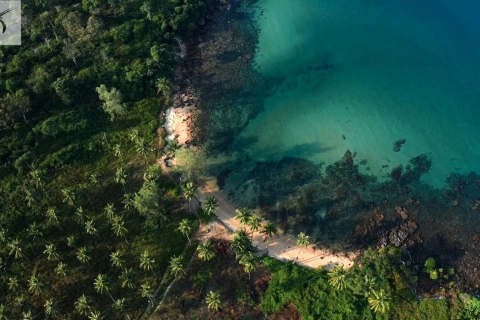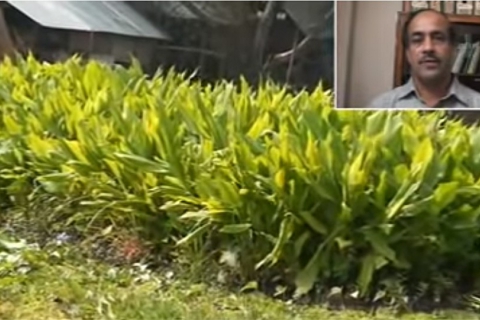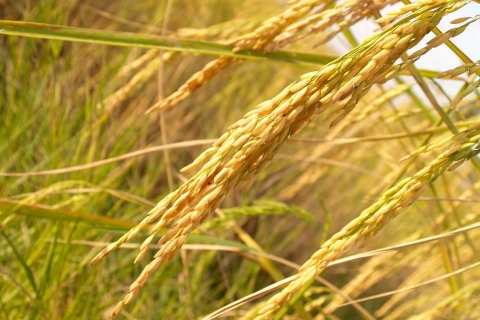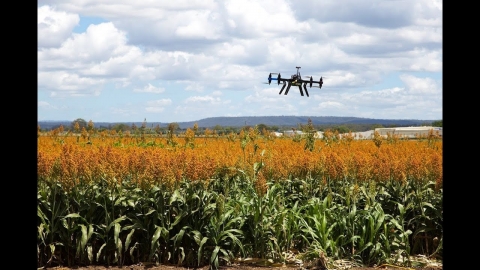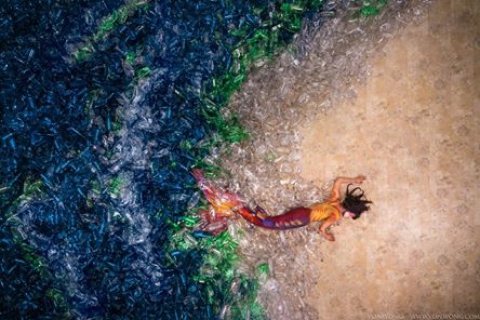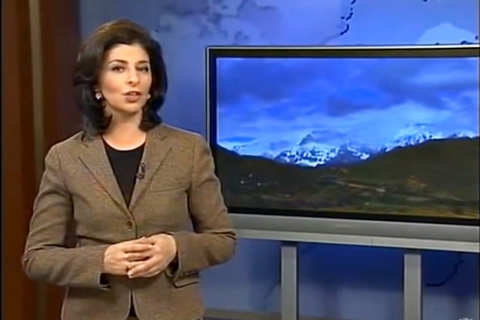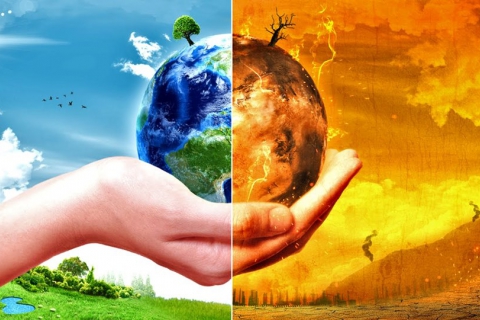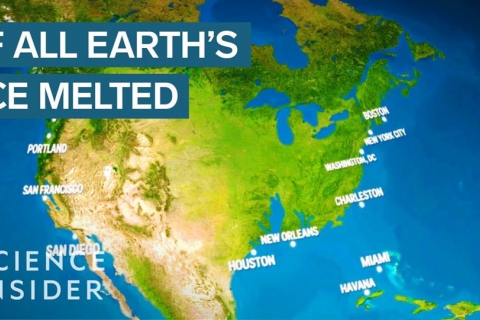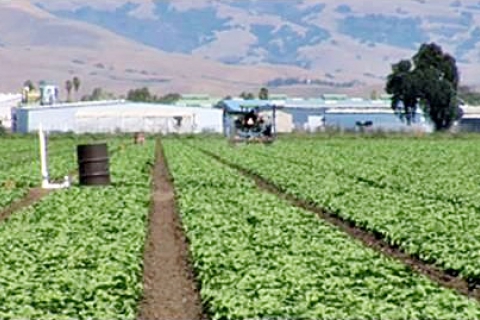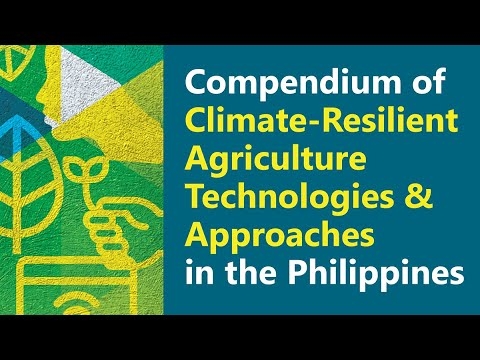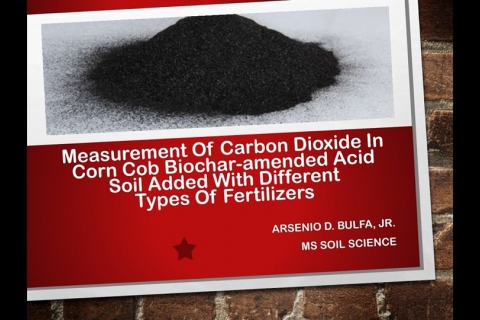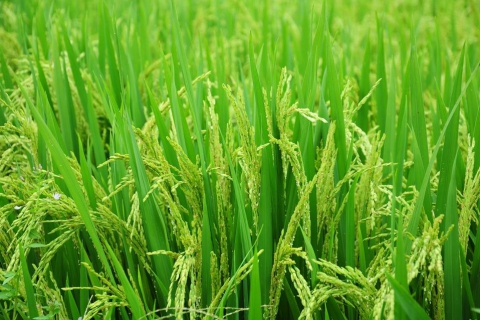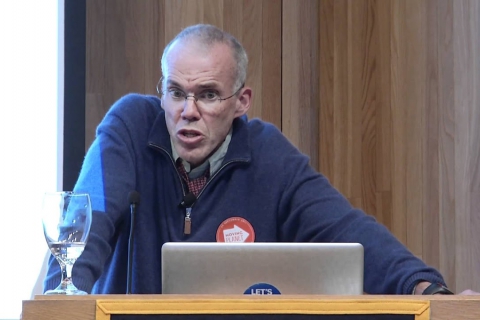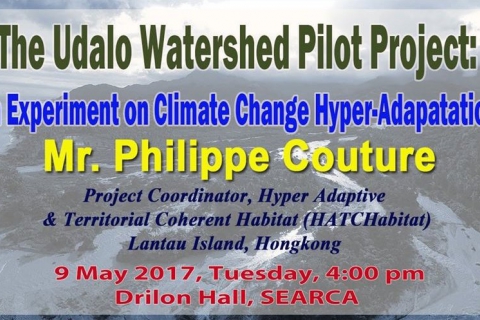During SEARCA ADSS on April 25, 2017, Dr. Diomedes A. Racelis talked about the "Ecotown Approach to Climate Change-Adaptive Local Government Planning in Selected Municipalities in the Philippines."
Dr. Diomedes A Racelis is a Professor and concurrent Director of the Institute of Renewable Natural Resources, UPLB College of Forestry and Natural Resources. He obtained his Ph. D. Major in Forest Resources Management from UPLB as a SEARCA Scholar in 1999. He completed his BS Forestry (cum laude) also in UPLB as a National State Scholar in 1985. He topped the Forestry Board Exam (First Place) and was hired as Instructor at the then Department of Forest Resources Management in the same year.
His notable recognition include the UPLB Distinguished Alumnus Award for Education Sector in October 2014, Outstanding Alumnus (Institutional Service), UPLB College of Forestry and Natural Resources in April 2014, UPLB Outstanding Teacher Award for Physical Sciences in 1994, UPLB College of Forestry and Natural Resources Outstanding Teacher Award for Physical Sciences in 1995 and Lopez National Comprehensive High School Most Distinguished Alumnus Award in 2004.
He has presented more than 100 papers in various conferences, trainings, seminars, forums, and professorial lectures in the country and abroad. The most recent of which was in October 2016 at the 3rd Asia Future Conference Kitakyushu, Japan where he received the Best Paer Presentation Award. He has also implemented a number of foreign and locally-funded research and extension projects and has published papers international and local refereed journals.
Dr. Racelis has also worked with various government agencies and private entities on locally and foreign-funded development projects on climate change mitigation and adaptation, river basin and watershed resources management, environmental impact assessment and project monitoring and evaluation, among others.
He has served the University in various capacity as division head, associate dean, coordinator for instruction, and secretary of the UPLB Graduate School.

